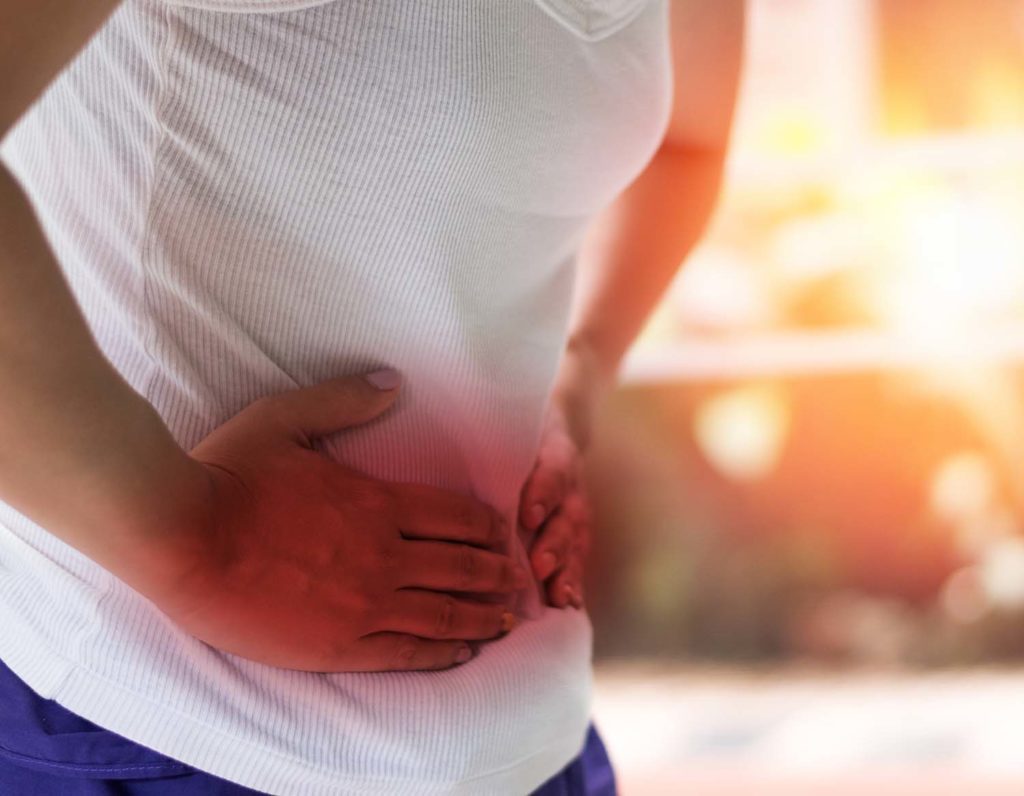What Does a Diverticulitis Attack Feel Like?

What Does a Diverticulitis Attack Feel Like?
If you are asking yourself “what does a Diverticulitis attack feel like”? The answer depends on your particular diagnosis. For example, Diverticulosis does not always cause any noticeable symptoms. The condition may go undetected until a routine colonoscopy is performed. Diverticulitis, on the other hand, causes symptoms in some people and is referred to as a diverticulitis attack or flare-up. Multiple, recurring episodes of flare-ups are possible. Symptoms usually appear suddenly and can last for several days.
What are the signs and symptoms of diverticulitis?
Symptoms of diverticulitis differ from person to person. They could include:
Diverticulosis. Diverticulosis can exist without causing pain or symptoms. However, mild cramps, swelling or bloating, and constipation may occur. Irritable bowel syndrome, stomach ulcers, and other health issues can also cause these symptoms. These symptoms do not always indicate diverticulosis.
Diverticulitis. The most common symptom of diverticulitis is abdominal or belly pain. The most common symptom is pain or sensitivity on the left side of your lower belly. If you have an infection, you may experience fever, nausea, vomiting, chills, cramping, and constipation.
If you have diverticulitis, you’re more likely to have a flare-up if you’re:
- Over the age of 40
- Obese or overweight
- In a high-stress situation
- A person who smokes
- Physically sedentary
- A person who eats a diet high in animal products and low in fiber (most Americans)
- A user of non-steroidal anti-inflammatory drugs (NSAIDs), steroids, or opioids
Diverticular colitis. A type of inflammatory bowel disease. As a result of the diverticular disease, the colon becomes inflamed (colitis). This is a less common condition than diverticulitis.
Bleeding in the diverticulum. The most common symptom of diverticular bleeding is painless rectum bleeding. Blood in your stool will most likely be bright red or maroon in color.
Diverticular disease symptoms can mimic those of other medical conditions. To be certain, always consult your healthcare provider.
Treatment Options
- If you are experiencing a flare-up of diverticulitis, your doctor may prescribe antibiotics to combat the infection. Take the medication for the full duration of the prescribed course, rather than stopping when you begin to feel better. Additionally, your physician may recommend that you:
- Consume a clear liquid diet for diverticulitis or one that is low in fiber until your flare-up subsides.
- Rest as necessary
- Occasionally, doctors will recommend surgery for patients who have severe flare-ups or recurrent diverticulitis. The affected portion of the colon (along with any infected or inflamed diverticula) should be surgically removed.
Calming Blends health’s content is for informational and educational purposes only. Our website is not intended to be a substitute for professional medical advice, diagnosis, or treatment.
